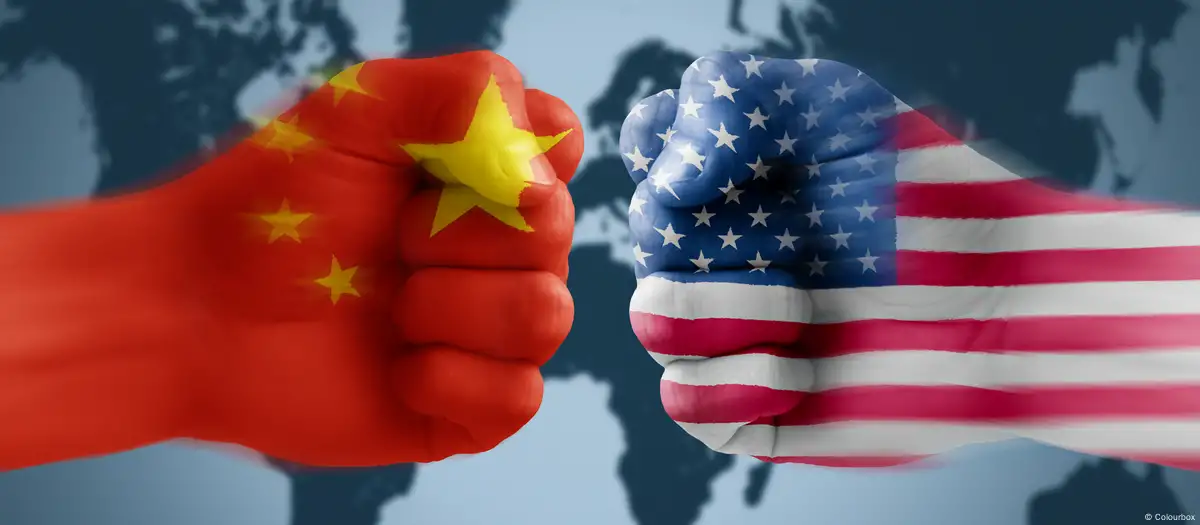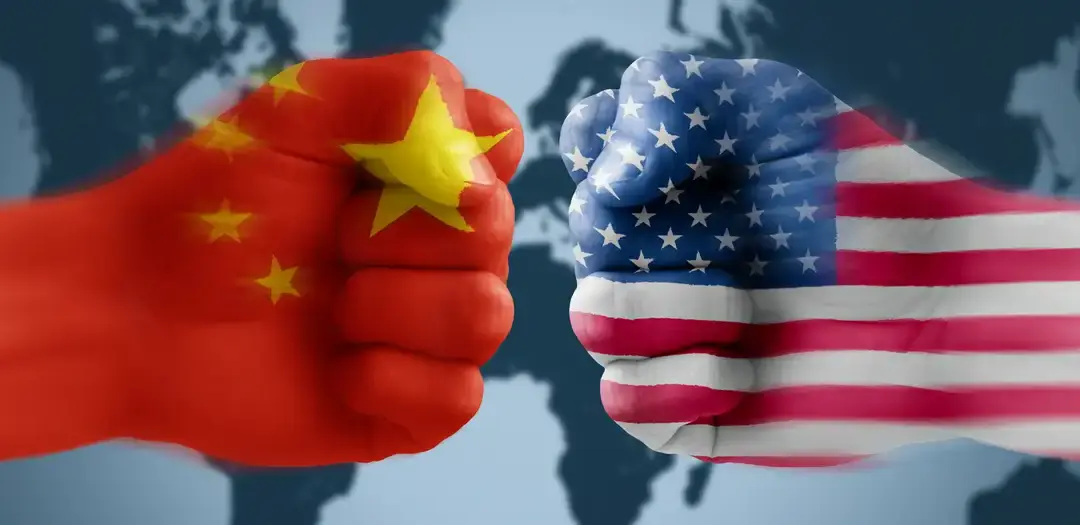President Donald Trump’s promises to levy 60% import tariffs on China goods will by default result in self-induced inflation. This is nothing but a counter-intuitive approach underpinned by a naive delusion based on a zero-sum assumption about global trade, which makes Amerika shoot itself on both feet while China races ahead.
I have spent nearly 20 years of my business career in and out of China — not as an American, and not as a native, but as a Swede with interest, respect and love for both nations as it relates to their people, history and entrepreneurial culture. From my experience, and from my days and nights working inside the Chinese system and mind, and the American one too, there are certain things Donald Trump must consider for both nations to be great — not despite each other, but alongside each other.
The reality is there is a widening perception gap between the official political rhetoric in Washington, and Europe, on the tone and tenor vis a vis China in relation to what is going on in everyday corporate life and what is actually being experienced by business executives and operatives on the ground. The perception gap leads US astray and threatens to weaken American companies that are meeting formidable competition from agile, innovative and brutally competitive Chinese companies.
Walmart as one example of American companies that are still doing well has been at the forefront of retail modernization in China since 1996 when they opened a hypermarket and Sam’s Club in Shenzhen. Tesla with its Shanghai gigafactory is another highly successful frontrunner in China that manufactures almost one million cars a year of the Model 3 and Y combined. More than half of all Tesla cars built globally are manufactured in Shanghai.
I was at the beginning of this year invited by Dr Hu, Founder, Chairman and CEO of Haylion Technologies – the super entrepreneur who pioneered electrical vehicles in China. I had the opportunity to visit its reference installations at the Walmart and Sam’s Club campuses in Shenzhen – an almost surreal sci-fi style experience with an ecosystem prototype equipped with solar panels, battery storage and electrical vehicle charging infrastructure. It was beyond imagination, never seen anything like it.
It was my first visit in five years to Shenzhen after COVID-19. Marvelled at how profoundly the 20 million megacity has changed, I was astonished on the penetration level of electric vehicles. BYD and Tesla dominate the roads amongst affordable cars. Luxury Porsche hyperchargers popped up like mushrooms in every block. By the end of this year there will be more superchargers in Shenzhen than petrol pumps!
Coined as the Silicon Valley of China, and home to BYD, the world’s largest electrical vehicles manufacturer, Shenzhen was the first city in the world to go all-electric on buses in 2017 and in 2018 it achieved 100 % electric taxis. Four decades ago, Shenzhen was an unknown fishing village who became the beacon in Deng Xiaoping’s Special Economic Zone Policy. Today it’s a role model for the rest of the world on deployment of electrical vehicles. Departing through Hong Kong and composing myself I was mesmerized also on how the air in Shenzhen had been as clean and silent as a Swiss alp resort as a result of the unprecedented roll out campaign of electrical vehicles.
Clearly Chinese industries cannot keep growing unchecked at the expense of others. Isolating China might feel satisfying but it would not serve US interest. China is also too advanced and modern now for the US to try to deploy strong-arm tactics.
Observing remotely the bizarre hyperbole that “tariffs is the most beautiful word”, feels like watching an episode of fatal accidents gradually occurring in slow motion. Decoupling from China means decoupling from the world economy and won’t work in today’s world of global trade. Such heavy-handed measures will only result in American falling behind both China and a Europe that is already falling behind.
On China tariffs Elon Musk rightly said two years ago that he thinks Donald Trump should, “hang up his hat and sail into the sunset.” The newly elected trifecta in the Oval Office and Capitol Hill should think twice prior to embarking on its mission in so far as the United States doesn’t truly plan to start manufacturing TV’s that would cost 10 000 USD per unit.
Mark Twain underscored that history doesn’t repeat itself but rhymes. The secret sauce in the Nixon-Kissinger diplomacy for the opening of the relationship with China in 1972 was served with a cocktail of national security and trade ingeniously blended, shaken and stirred with the goal of rebalancing the global order in America’s favor. The second Trump administration should learn from this because America won’t be great again without loving China.
Pär-Olof Johannesson, CEO & Co-Founder of Solar Accelerator AB – tech executive and serial entrepreneur who served in China and Asia between 1997-2009.

Pär-Olof Johannesson
Founder, Chairman, CEO Solar Power Accelerator AB
